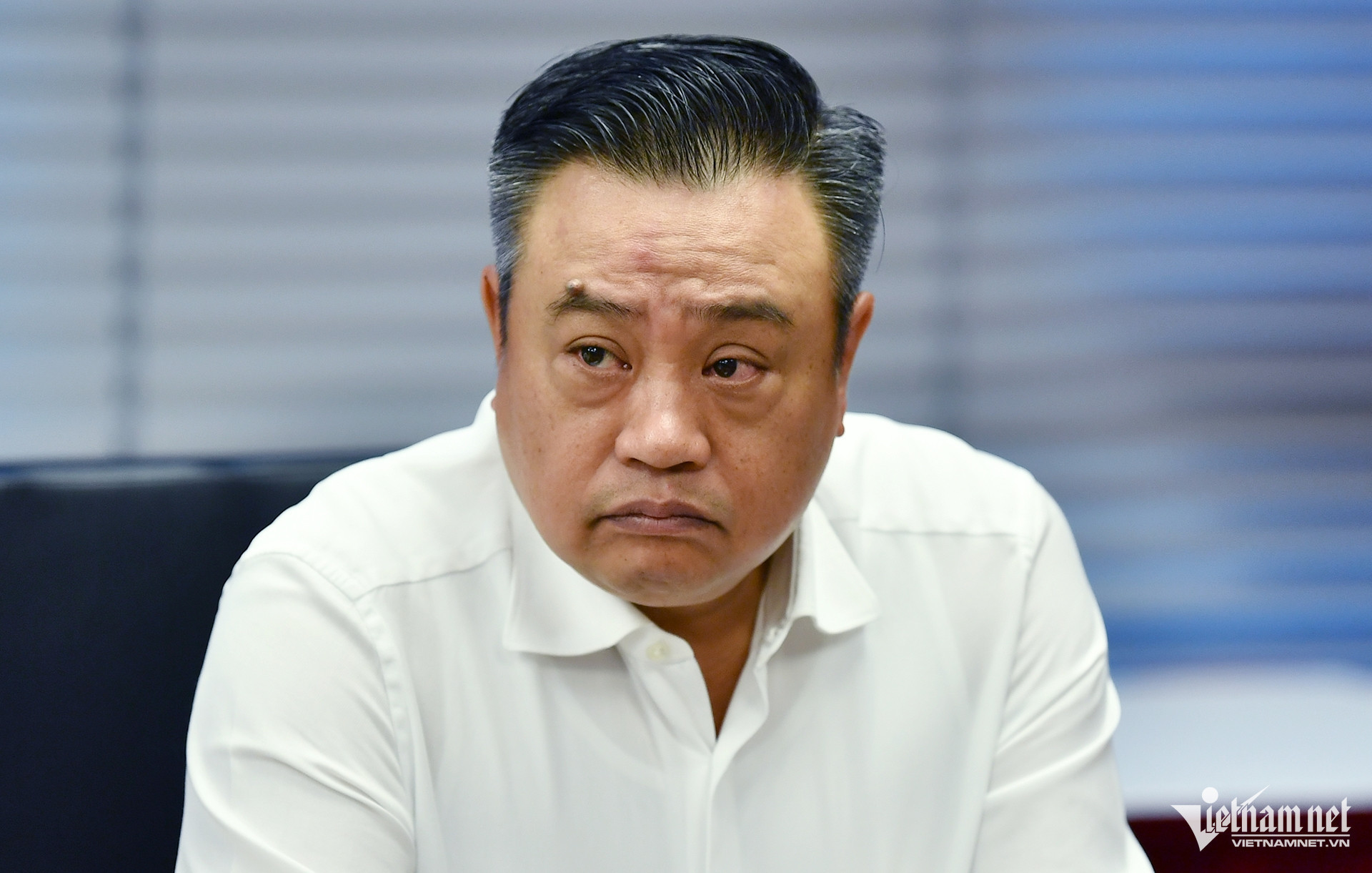
Chairman of Hanoi People's Committee Tran Sy Thanh reaffirmed on June 9 that the city will adhere to its previously announced roadmap, launched in 2017, to reduce motorbike usage in four central urban districts - without modification.
The statement was made during a working session with the Vietnam Association of Motorcycle Manufacturers (VAMM), focusing on solutions for transitioning away from fossil fuel-powered motorcycles in the capital.
At the meeting, Sayaka Arai, Chair of VAMM and General Director of Honda Vietnam, proposed orienting production toward cleaner gasoline-powered vehicles by introducing stricter fuel consumption limits, enforcing EURO4 emission standards, and using biofuels. For electric motorcycles, she urged the city to develop a realistic and feasible roadmap for conversion by 2030.
Currently, Hanoi lacks sufficient charging infrastructure, leaving residents to rely solely on home or shopping mall charging points. This presents safety concerns, especially in aging apartment buildings, due to risks of overload and fire.
Arai noted that switching to electric motorbikes requires significant personal investment, and without supporting policies, this transition could burden citizens. VAMM therefore called for a structured and clear roadmap involving all stakeholders.
In response, Chairman Tran Sy Thanh emphasized that modern, civilized cities cannot thrive without environmental and cultural integrity. Despite their convenience, motorbikes contribute significantly to air pollution and traffic congestion in major cities like Hanoi.
He cited Resolution No. 04/2017/NQ-HDND, passed by the city’s People's Council on July 4, 2017, which approved the project “Enhancing road vehicle management to reduce congestion and environmental pollution in Hanoi from 2017–2020, with a vision to 2030.”
“This is not a surprise decision for citizens or businesses,” Thanh stated. “Hanoi will continue implementing this plan across the four inner districts, with each step carefully considered.”
He also acknowledged VAMM’s involvement and said the city will review the timing of implementation, but any delay must be limited.
“We understand motorbikes are not the sole cause of our challenges, but they significantly affect many social and urban cultural aspects. This goes beyond personal convenience and impacts our shared living environment,” he stressed.
N. Huyen